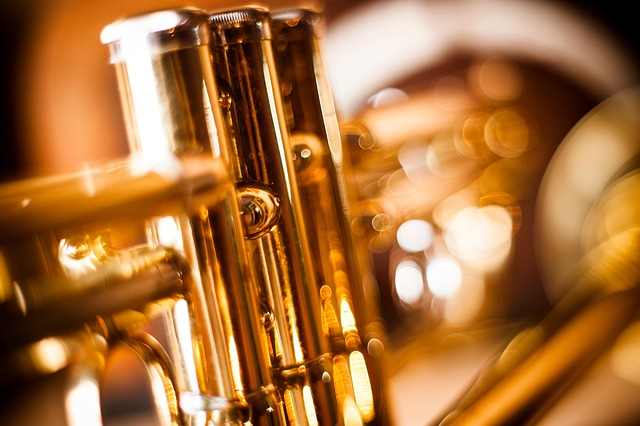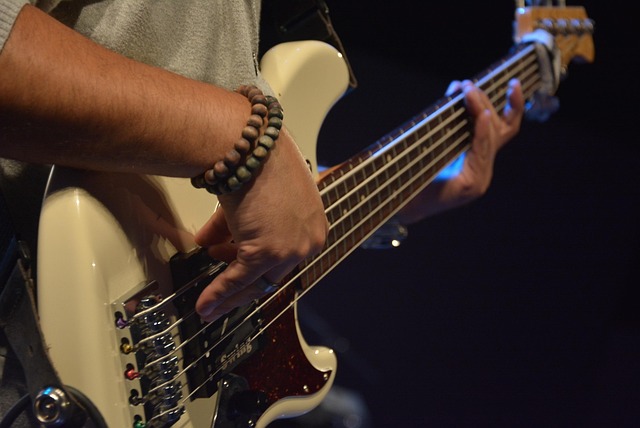Exploring the Essence of Free Jazz
Free jazz is not just a genre; it’s an experience, a movement that transcends traditional musical boundaries. Rooted firmly in the rich soil of jazz culture, free jazz represents the unrestrained spirit of musicians who dare to explore the depths of creativity, improvisation, and individuality. This vibrant genre embodies the essence of musical freedom, allowing artists to express themselves uninhibitedly, steering away from conventional structures.
The Unconventional Journey of Free Jazz
Emerging in the late 1950s and early 1960s, free jazz challenged the conventions that defined jazz at the time. Musicians like Ornette Coleman, John Coltrane, and Cecil Taylor pushed the envelope, infusing their works with a sense of chaos and spontaneity. This genre celebrates the individual’s inner voice, where every note played is a declaration of personal expression rather than a rehearsed melody.
The Creative Spark of Improvisation
At its core, free jazz thrives on improvisation. Picture a jam session where musicians engage in a spirited conversation through their instruments, responding to one another’s musical phrases in real-time. This interaction underscores the importance of collaboration within the jazz culture, demonstrating that music can be a social glue that binds people together. The result? A vibrant tapestry of sound, filled with emotions ranging from euphoria to introspection.
Free Jazz: A Party Like No Other
Imagine attending a free jazz party. The atmosphere is electric, filled with a mix of anticipation and spontaneity. Musicians take turns exploring improvisational pathways, and there’s an inherent understanding that anything is possible. The audience is not merely listening; they are part of the experience, responding to the music with their energy and enthusiasm. This unique blend of artist and audience creates an unparalleled connection, a celebration of music that feels both intimate and expansive.
Cultural Impact of Free Jazz
Free jazz has played a pivotal role in shaping music culture, influencing countless genres beyond jazz itself. Its ethos of breaking free from constraints has inspired rock, avant-garde, and even hip-hop artists. The social and political contexts surrounding the emergence of free jazz also reflect broader societal changes, as musicians used their art to voice struggles and advocate for liberation. In doing so, free jazz becomes a cultural statement, encapsulating the fight for artistic expression.
Embrace the Freedom
As you dive into the world of free jazz, allow yourself to let go of expectations. Whether you find yourself in a cozy jazz club, at a vibrant street festival, or simply exploring the genre at home, embrace the freedom that comes with this music. Let the sounds wash over you—allow your mind to wander and your soul to connect with the rhythm of life itself. Free jazz invites you to celebrate individuality, spontaneity, and the very essence of musical expression.




